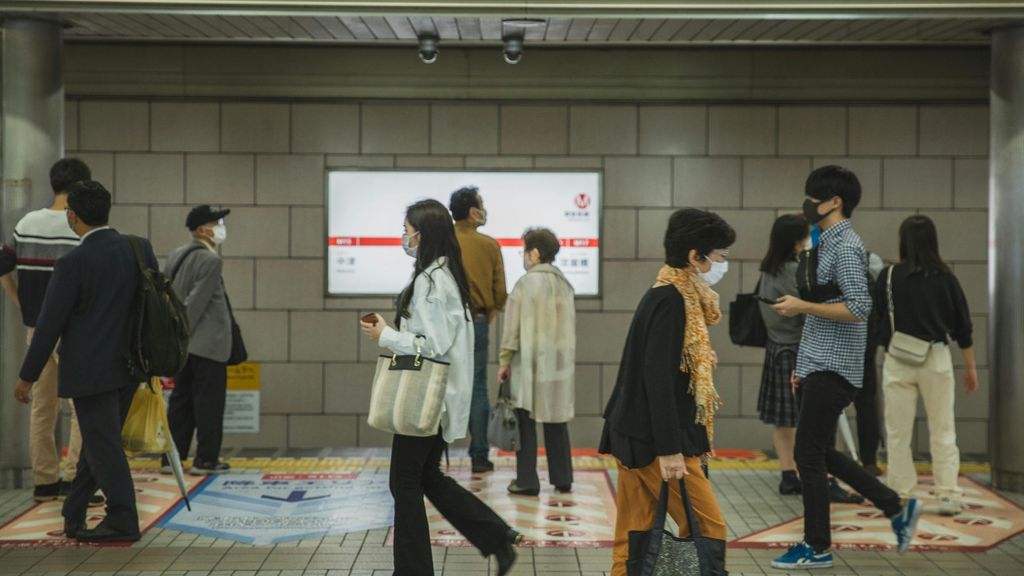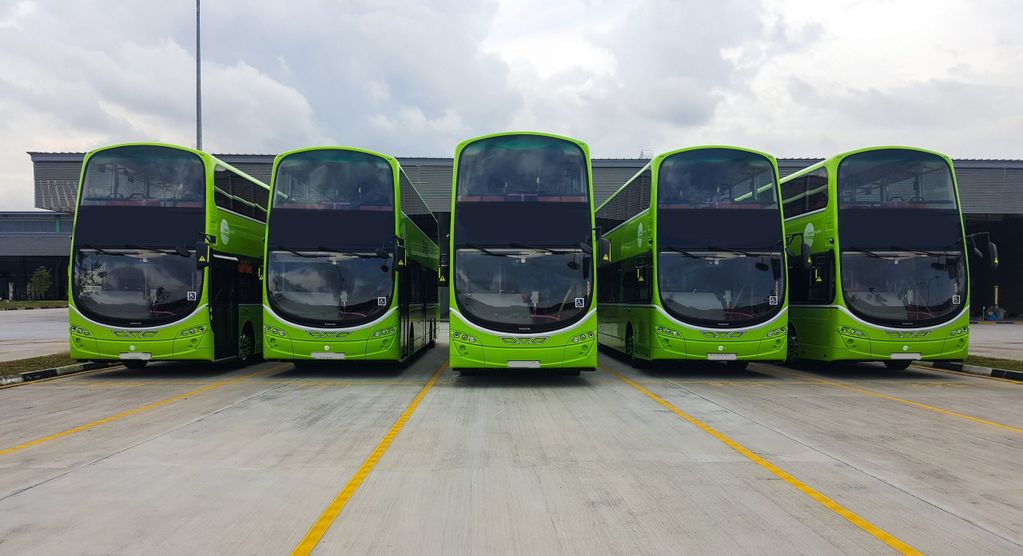
Ticketing in Mobility as a Service
Ticketing must have bold ambitions
Ticketing is now viewed as the key enabling transport user tool of Mobility as a Service (MaaS), going far beyond its initial purpose of gathering revenues. In order to offer passengers a seamless, end-to-end and easily accessible journey, ticketing should enable mobility services to be a combined experience. An experience that is based on real-time information, even during times of transport interference.
Ticketing services must have bold ambitions, based on systems that are well-designed and highly adaptable. This is of course not without its challenges: as new requirements appear, linked specifically to MaaS, the need for ticketing systems to be flexible is vital. Often subject to vendor-locking, ticketing systems currently do not always provide the necessary solutions to the challenges they face.
The purpose of this document is two-fold:
- To deliver an integrated view on high-level implementation-focused elaboration of e-ticketing in MaaS.
- To guide authorities and operators on how they can integrate the new technologies with existing transport systems/infrastructures and services.
The outcomes and recommendations presented in this document are the result of several workshops, surveys, and discussions held during 2021 and 2022 with UITP and STA members including public transport authorities (PTAs), public transport operators (PTOs), MaaS mobility organisations and mobility solution providers. Therefore, this document contains a common view of a large number of key mobility players with regard to Ticketing in MaaS, challenges, solutions and actual use case
The Smart Ticketing Alliance (STA) is a non-profit association that promotes and facilitates cooperation and governance between national and regional smart mobility ticketing schemes to establish interoperable “Smart Mobility Ticketing” in Europe and elsewhere. The STA has ongoing international cooperation with the NFC Forum, MaaS Alliance, Global Platform and others to promote standardisation across smart ticketing.








